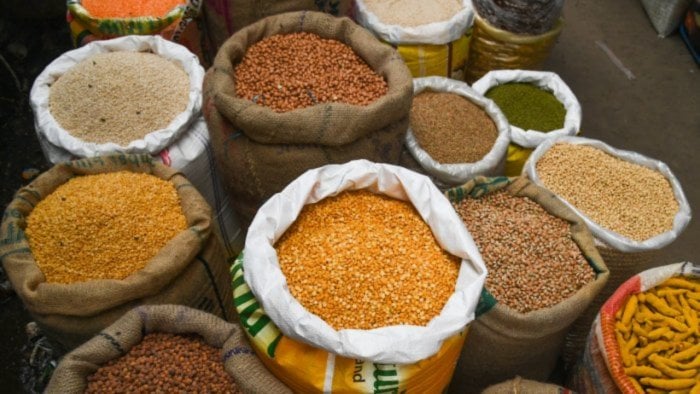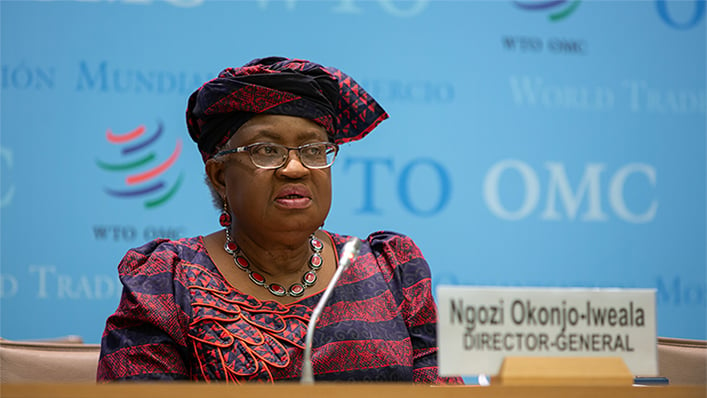The Food and Agricultural Organization of the United Nations (FAO) says global food import bill is on course to hit a new record high of $1.8 trillion in 2022.
The agency said this in its latest food outlook report released on Thursday.
It projected that the world’s food import bill is on it’s way course to reach a new record this year — surpassing an all-time high set last year by nearly 3 percent — but higher prices and transport costs rather than volumes account for the bulk of the expected increase.
“Countries are expected to spend a staggering $1.8 trillion importing food they need this year; this would be a new world record but worryingly, it’s going to buy them less food, not more,” FAO said.
Advertisement
The report said that higher fixed costs for farmers of so-called “agricultural inputs” such as fertiliser and fuel, are likely to be responsible for this year’s “bigger-than-ever global food import bill”.
Commenting on the report, Upali Aratchilage, FAO economist, said: “In view of the soaring input prices, concerns about the weather, and increased market uncertainties stemming from the war in Ukraine, FAO’s latest forecasts point to a likely tightening of food markets and food import bills reaching a new record high.”
The UN agency explained that all but $2 billion of the additional $51 billion that is going to be spent worldwide on edible imports this year was owing to higher prices.
Advertisement
It said animal fats and vegetable oils would be the single biggest contributor to higher import bills, adding that cereals would also contribute to the import bills of developed countries.
“Developing countries, as a whole, are reducing imports of cereals, oilseeds and meat, which reflects their incapacity to cover the increase in prices,” FAO said.
Among the most vulnerable nations, it estimated that least developed countries would have little option but to spend five percent less importing food this year.
Also, sub-Saharan African countries and other nations that buy more food than they export are likely to face an increase in costs, for which they’ll get lower amounts of essential foodstuffs.
Advertisement
“These are alarming signs from a food security perspective, indicating that importers will find it difficult to finance rising international costs,” FAO warned.
“The year 2022 may usher in an era of lower resilience to higher food prices, notably by the poorer regions of the developing world.”
To help avert even greater food insecurity among low-income nations and to guarantee food imports, the UN agency recommended the creation of a balance-of-payment support mechanism.
Advertisement
Add a comment






